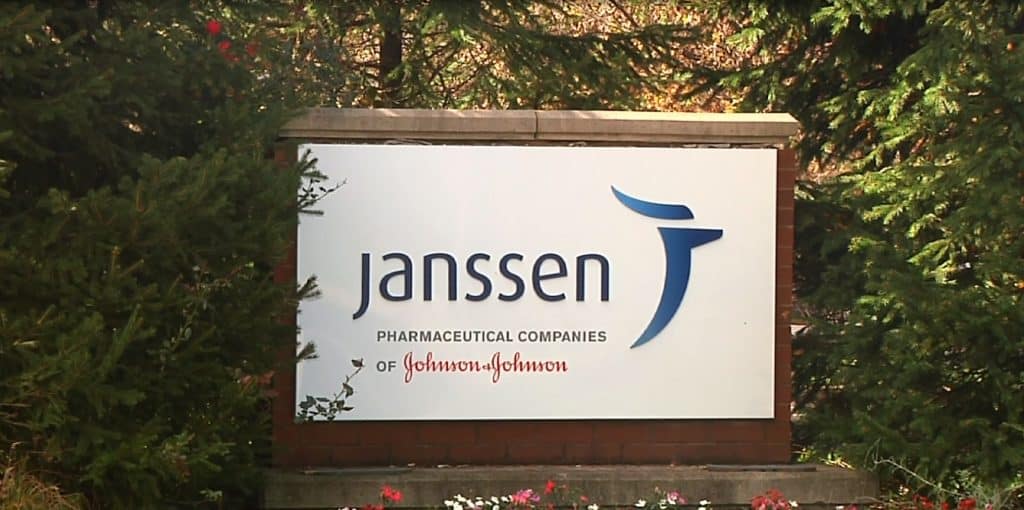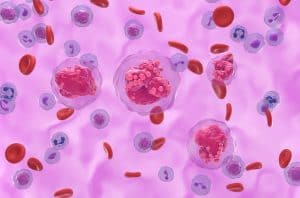
NICE rejects Janssen’s esketamine nasal spray Spravato for treatment-resistant depression
pharmafile | January 28, 2020 | News story | Manufacturing and Production, Sales and Marketing | Janssen, NHS, NICE, Spravato, depression
Janssen’s Spravato (esketamine) nasal spray, derived from the party drug ketamine, has been turned down by NICE for NHS use in England and Wales for treatment-resistant depression, it has emerged.
The indication was relevant to adult patients that have not responded to at least two different antidepressants during the current episode of current moderate to severe depression, in combination with a selective serotonin reuptake inhibitor (SSRI) or serotonin-norepinephrine reuptake inhibitor (SNRI).
The rejection came despite much excitement around the drug as a novel treatment alternative for depression. Submitted clinical trial data has shown that Spravato has demonstrated superiority over oral tablet antidepressants and placebo, but as they did not directly compare the therapy with the full range of treatments including antipsychotics, psychological therapy, lithium adjunctive therapy and other interventions, NICE was unable to accurately determine its benefit.
In addition, the data submitted did not demonstrate sustained benefit after a course of treatment has been completed, possibly costing the health service for multiple courses as well as for clinician delivery of the nasal spray drug. Currently, the NHS offers oral antidepressants, followed by a second drug option in the event the first is not effective.
“Our independent committee very much recognises the impact treatment-resistant depression has on people, their families and carers, the clear need for effective alternative treatment options, and the priority of addressing mental health challenges for the NHS,” commented Meindert Boysen, Director of the Centre for Health Technology Evaluation at NICE. “Introduction of esketamine into clinical practice in the NHS will be complex because the structure and delivery of services would need to be changed. Estimates of the costs of providing the clinical service for esketamine were highly uncertain, as are the costs of repeated courses of the drug.
“There is a lack of evidence comparing esketamine with all relevant comparators, and the committee concluded that the estimates of cost effectiveness were likely to be much higher than what the NHS usually considers value for money,” she added.
Following the ruling, Janssen released a statement: “Janssen is deeply disappointed by the recommendation set out within the ACD. The company is committed to working closely with NICE throughout the subsequent stages of this appraisal. The company remains determined to ensure patients living with TRD are able to access an important new treatment option.”
Matt Fellows
Related Content

NICE recommends migraine treatment for NHS use
The National Institute for Health and Care Excellence (NICE) has shared draft guidance recommending AbbVie’s …

GSK’s Jemperli recommended by NICE for endometrial cancer treatment
GSK has announced that the National Institute for Health and Care Excellence (NICE) has recommended …

NICE recommends SC treatment of AbbVie’s Tepkinly for patients with DLBCL
AbbVie has announced that the National Institute for Health and Care Excellence (NICE) has recommended …








